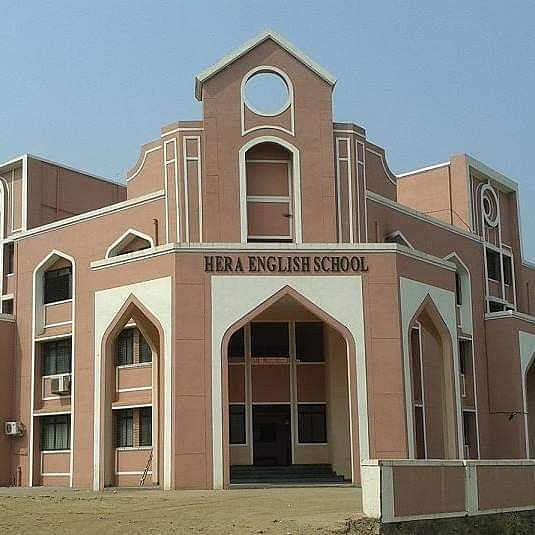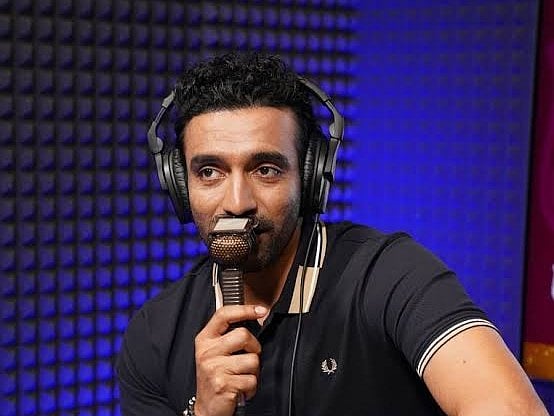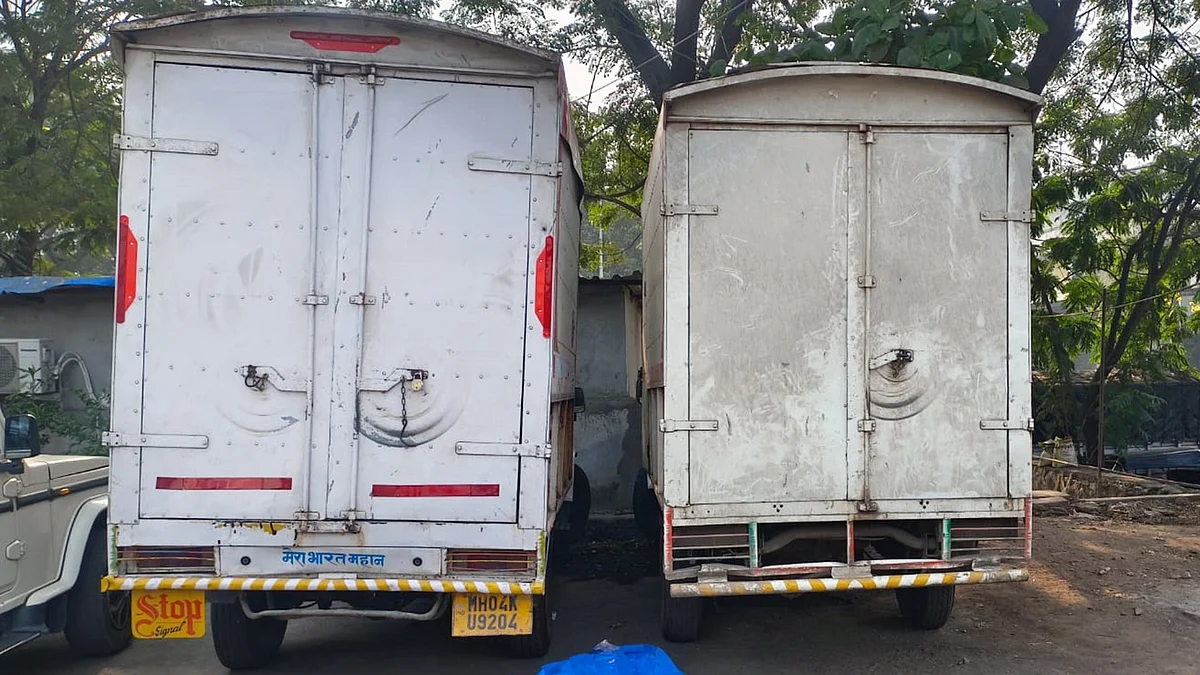In a far-reaching step to give madrasa students access to formal education, a Mumbai-based community trust is planning to introduce mathematics, science, and social studies in its seminaries in the next academic year.
Sunni Dawate Islami, which runs seminaries and also regular schools under the Maharashtra school education board, said they planned to integrate the curriculum at the seminaries (Darul Uloom) run by them with modern school subjects. Currently, the 400-odd students at the madrasas run by the trust are taught the basics of English language, and computers, apart from the seminary curriculum.
“The objective is to enable the students to appear for the Class 10 exams held by the school education and thus help them pursue higher education in universities. These students can appear as private students for class 10 board exams through the schools affiliated with Sunni Dawate Islami,” said Maulana Shakir Noorie, president and founder of Sunni Dawate Islami.

Hera English School, Bhiwandi | FPJ
The organisation runs institutions such as Hera English High School in Bhiwandi and several other schools that follow the state education board curriculum. Students at the madrasas run by the trust study the Quran and its interpretations; the Hadith which is a collection of books on prophetic traditions; Quranic law; Arabic and Persian languages; logical reasoning. Students become an Alim in five years and a Mufti after another two years.
While madrasas in Uttar Pradesh and Bihar, which have madrasa school boards managed by the government, do teach some secular subjects, there are not many such seminaries elsewhere. Most students who attend the madrasas come from poor families attracted by the free lodging and food provided at the schools.
“Our founder’s vision is to bring education reform. Theology is one thing but we also need to live in a contemporary world. You cannot have anarchy; you need a society and a government,” said Shahid Mohammed, spokesperson for Sunni Dawate Islami. He added that Islamic understanding is in two parts: Ibaadaat, which is worship of the creator. This aspect covers rituals associated with religion. The other aspect is Maamlaat, which is a relationship between creation, and living with others on the planet.
Community leaders said that the decision to introduce secular subjects in the madrasas is an important step. Dr Zeenat Shaukat Ali, former head of Islamic studies at St Xavier’s College and director general of Wisdom Foundation, said that many madrasas have been talking about teaching subjects like mathematics and science to the curriculum in addition to the religious curriculum. “On the whole, it is very healthy. The students will be equipped to earn a living. It should be encouraged,” said Ali. “The students will get exposed to what is happening in the world. This will widen their horizon.”











